If you click on a link and make a purchase we may receive a small commission. Read our editorial policy.
Follow the Remembering Tim Sale panel live from ECCC '22
Friends, collaborators, and peers of the late artist remember his life and work at the Seattle event

The comic industry lost a giant earlier this year with the passing of artist Tim Sale, and at Emerald City Comic Con today, friends and peers celebrate the life and work of the man behind Batman: The Long Halloween, Spider-Man: Blue, and Superman For All Seasons, to name just a few of his iconic projects.
Popverse will be here for all of the Remembering Tim Sale panel, liveblogging from start to finish. Keep refreshing the page for all the latest, or come here when it’s all over to catch up on everything in just one sitting.
Interested in checking out what else Popverse is up to this weekend in Seattle? Check out all of our ECCC coverage to date.
About Emerald City Comic Con 2022
Dates
-
Follow Popverse for upcoming event coverage and news
Find out how we conduct our review by reading our review policy
Let Popverse be your tour guide through the wilderness of pop culture
Sign in and let us help you find your new favorite thing.


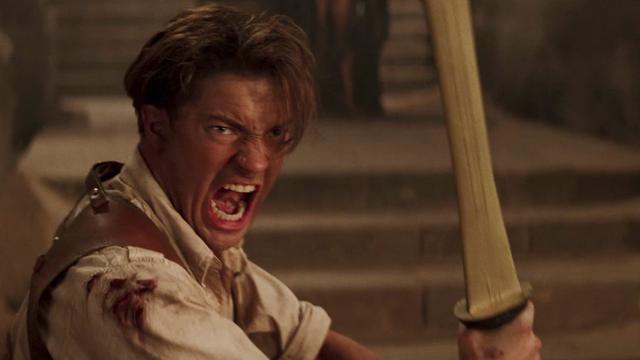


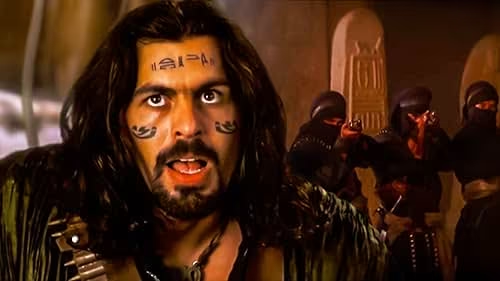
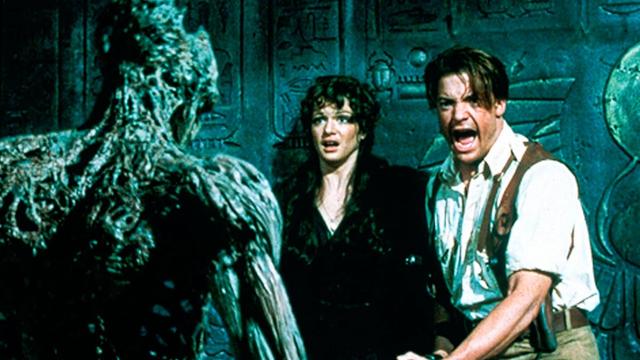
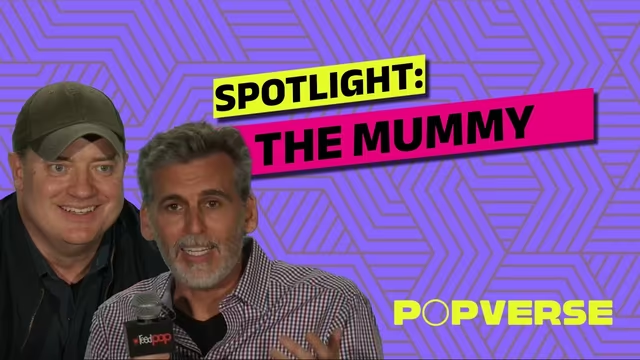
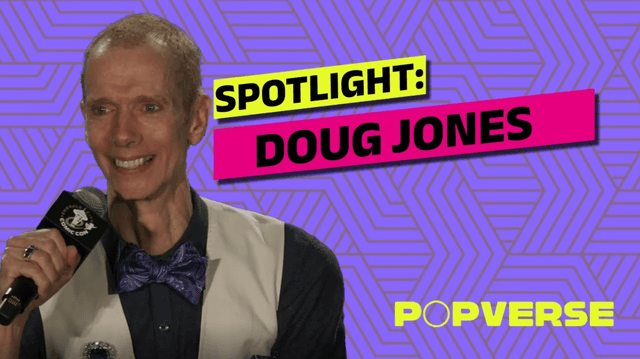







Comments
Want to join the discussion? Please activate your account first.
Visit Reedpop ID if you need to resend the confirmation email.